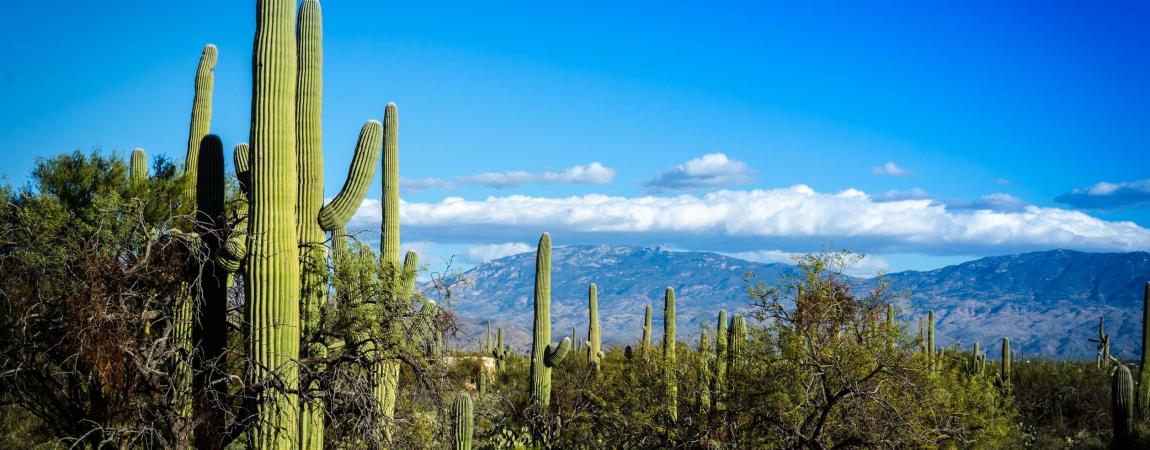Grants




The Arizona Advisory Council on Indian Health Care currently is working with two grants, and two Statewide initiatives:
1. The Community Health Workers for Covid Response and Resilient Communities (CDC-CCR) Grant
- Community health workers can improve health by breaking down barriers to health care and helping people learn how to manage their chronic conditions.
- CCR funding aims to decrease the effect of COVID-19 on people who are most at risk and improve communities' ability to respond to COVID-19 and future public health emergencies
-
CCR aims to decrease the effect of COVID-19 on people who are most at risk. It also aims to improve communities' ability to respond to COVID-19 and future public health emergencies. To do this, CCR-funded programs are carrying out activities aligned with three high-level strategies over 3 years:
-
Train CHWs on the knowledge, roles, and skills needed to support the COVID-19 public health response.
-
Deploy CHWs to help manage COVID-19 outbreaks and prevent the spread of COVID-19.
-
Engage CHWs to strengthen community resilience, which is a community's ability to provide the resources, support, and interactions necessary to help community members improve overall health, cope with trauma, and prepare for future public health emergencies.
-
2. The COVID-19 Health Disparities Grant
- A National Initiative to Address COVID-19 Health Disparities Among Populations at High-Risk and Underserved Communities, Including Racial and Ethnic Minority Populations and Rural Communities, which offer grants to public health departments to improve testing and contact tracing capabilities; develop innovative mitigation and prevention resources and services; improve data collection and reporting; build, leverage, and expand infrastructure support; and mobilize partners and collaborators to advance health equity and address social determinants of health as they relate to COVID-19.
- Under the COVID-19 Health Disparities grant, the AACIHC team shall create new mitigation and prevention resources and tools to mitigate spread of COVID-19 and to reduce COVID-19 disparities by developing Tribal culturally relevant information, flyers, templates and videos on pandemic preparedness, and developing a website for information that can be housed and easily accessed. (Tribal Pandemic Toolkit)
- Under the COVID-19 Health Disparities grant, the AACIHC team shall seek to improve data collection and reporting amongst Tribal populations that had a disproportionate burden of COVID infection, severe illness and death, by identifying best practices/models of data collection, and designing data collection methodology for pandemic reporting. Additionally, the AACIHC shall assist in identifying best practices and Tribal policies to mitigate pandemics (COVID-19), and shall coordinate a statewide Tribal COVID-19 Coalition that can meet on a regular basis to share best practices.
- Additionally, the AACIHC team shall conduct conferences, forums, and training events to share information that promotes infrastructure development, along with covering a host of topics identified by Tribes and tribal communities as being useful information for mitigating the COVID-19 pandemic and future pandemics.
3. The Arizona Health Improvement Plan (AZHIP)
- The development of the 2021-2025 Arizona Health Improvement Plan (AzHIP) reflects a commitment to improving public health. Arizona has a rich and diverse culture with unique communities, populations, and geography. From urban Phoenix to the bottom of the Grand Canyon, from the United States/Mexico Border Region to tribal lands, the health of Arizona’s residents is a priority, not only for the Arizona Department of Health Services, but for our entire community (ADHS SHA, 2019).
- The development of the AzHIP Health Equity Action Plan strategies and action steps was guided by the 2019 ADHS State Health Assessment , which highlighted many high-priority issues and inequities. Addressing health equity is more than just a written commitment, it is a commitment to action. This is a link to the AzHIP or 2021-2025.
- The AACIHC shall support implementation of the 2021-2025 AzHIP Rural & Urban Underserved Plan, by establishing an MOU between 5 State agencies (the AACIHC, ADHS, AHCCCS, DES, and First Things First) so as to help improve Indian (IHS/Tribal/Urban) Health by increasing access to care, reducing systems barriers, and strengthening infrastructure.
4. The American Indian Health - Area Health Education Center (AIH-AHEC)
- Program activities include Community Based Experiential Training for grades 9-16; pipeline healthcare activities for grades K-12; continuing education for primary providers working in Tribal communities; and community immersion programs for graduate students in healthcare disciplines.
- The AIH-AHEC is addressing the regional needs that have been identified by focusing on supporting American Indian healthcare systems. The AIH-AHEC aids IHS hospitals and clinics to nurture a future healthcare workforce by assisting with continuing education, providing student clinical rotation opportunities, and promoting healthcare careers for youth aged K-12.
- The development of a 3 Year Strategic Plan by which to provide direction and emphasis on the needs of the American Indian health system related to workforce recruitment and sustainability.
